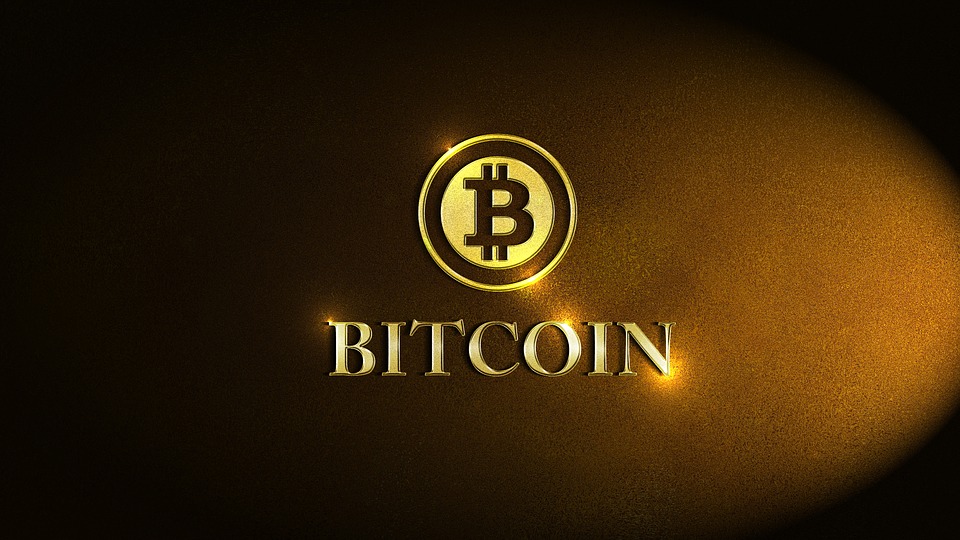Five Things to Know About Bitcoin
By Matt Branton of Brantonbits.com
1. Bitcoin is like the Internet
Remember the Internet in 1990? Nerdy, confusing, and with just a hint of danger? Many couldn’t understand what it was, or why anyone would ever want to use it outside of the military and academia. Fast forward 25 years and we can hardly imagine life without it. The network has become  completely intertwined with our everyday experience: Linkedin, Twitter, Facebook and Snapchat, not to mention the myriad other services and systems that we use every single day to keep in contact, and get our work done. Bitcoin is like that early Internet; it is both hard to understand and hard to see where it’s going.
completely intertwined with our everyday experience: Linkedin, Twitter, Facebook and Snapchat, not to mention the myriad other services and systems that we use every single day to keep in contact, and get our work done. Bitcoin is like that early Internet; it is both hard to understand and hard to see where it’s going.
The key is that Bitcoin does something entirely new. The telephone allowed people to speak with each other across vast distances. The Internet allowed arbitrary information to be shared regardless of location. Bitcoin lets you pay anyone on the planet directly without intermediaries.
2. Bitcoin is a better way to pay
Think about the way payments work in developed countries. How many service providers are involved when you swipe that plastic or tap that NFC terminal? Each one of them takes fees, and the companies themselves maintain vast amounts of architecture to support the network of payment terminals and devices. All of that adds to the bottom line. If the government were to ask for an additional 3% sales tax every time you purchased something, the citizenry would be up in arms. This is silently happening every time you make a credit card purchase, take money from an ATM machine, or use a debit card or prepaid instrument. The promise of Bitcoin decimates those fees and allows you to pay across distance, over state and country lines, to anyone on the planet, instantly. It provides a powerful and decentralized alternative network and is a natural fit for smart phone and other mobile payment platforms.
The benefits for less developed countries are even more profound. With quickly growing mobile networks, and a real lack of traditional payments infrastructure, using an open system that leverages their existing investments in Internet architecture just makes sense. Bitcoin could help wire together these fragmented and disconnected systems.
3. Bitcoin is very secure
It seems like every day we read about credit card numbers being stolen, bank accounts being hijacked, and all manner of corporate and personal identity theft. Security has always been close to my heart which is why I spent time building an encrypted file transfer app for Google Chrome and Gmail. Credit cards weren’t designed from the ground up to be secure; they are a product of a time when computer security meant a locked front door. Bitcoin is the most secure payment method ever invented. It can’t be counterfeited, intercepted or stolen. As the free market takes hold you can expect to see full risk management platforms, escrow, insurance and other value-added services meant to protect consumers even further.
4. Bitcoin is a protocol
The Internet isn’t just email. Money transfer is the first widespread application on the Bitcoin network, but so much more is possible. Bitcoin is a global accounting ledger, which lets parties exchange any kind of information. If we can move value, why shouldn’t we be able to make legal contracts? How about exchange property? Why can’t we have smart agents responsible for generating our tax returns, flagging suspicious transactions, and even giving our kids allowances. The idea of programmable money is that we can now connect the software of the world with a way to audit transactions between people in a provable and verifiable way. It’s hard to envision where that will take us, but the possibilities seem endless. We now have a framework that seamlessly integrates value-transfer, trust, and the benefits of software.
5. Bitcoin can change the world
There are over 7 billion people on the planet. Billions of them don’t have bank accounts and are completely excluded from the benefits of the modern financial system. Sending money across borders is an expensive proposition. Tariffs and fees make the exercise impractical for people living on dollars a day. Bitcoin, and networks like it, could provide direct liquidity and micro-loans to people who have been disenfranchised due to the high cost of traditional payments infrastructure. The Internet changed the course of society, disrupted countless industries, and has increased global prosperity. Bitcoin is a wild seed with similar promise. Never underestimate the power of new technologies to disrupt and enhance our everyday experience.
About the Author: Matt Branton is the founder of CoinLock, a way to sell digital content for crypto without any complicated integration. You can read our interview with Matt here.

Comments are closed.